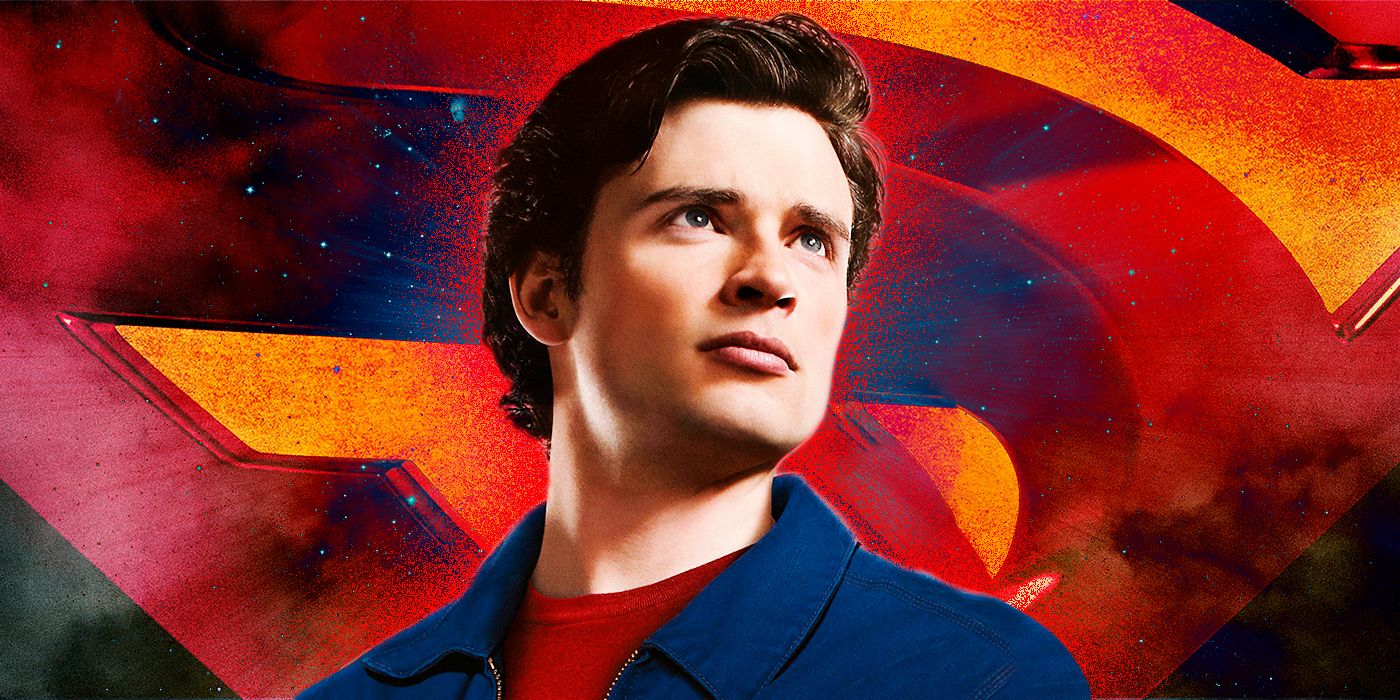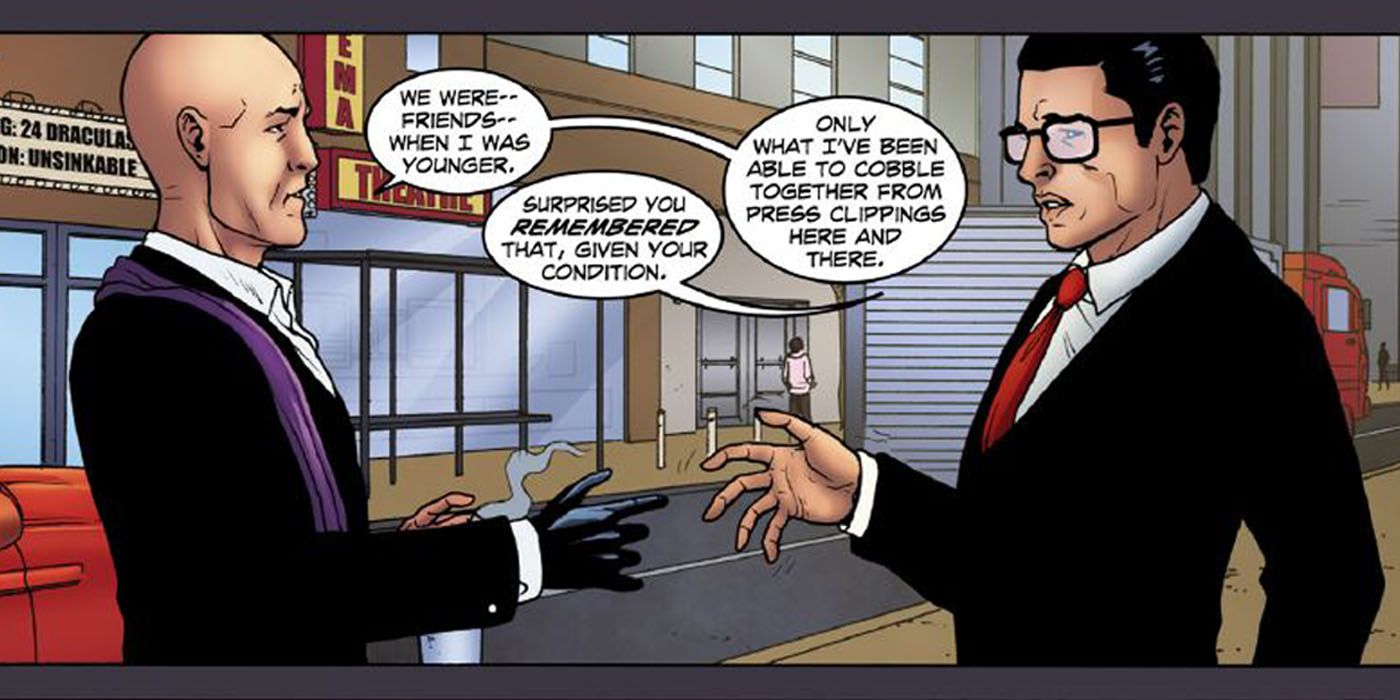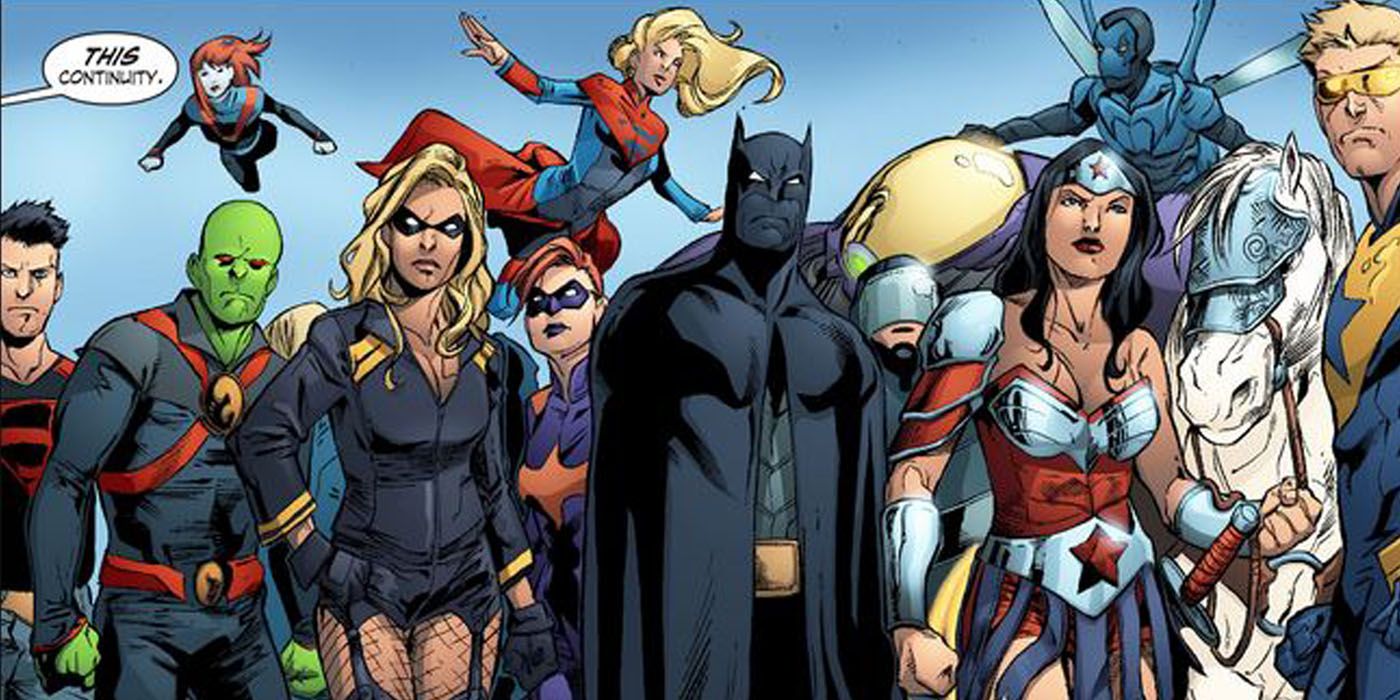Summary
- Smallville Season 11 continued the TV series story, showcasing Superman and major DC heroes.
- Smallville's true last season introduced Batman, Wonder Woman, and other DC heroes.
- The true ending of Smallville adapted Crisis on Infinite Earths, exploring concepts the TV series couldn't afford.
Smallville was a beloved series to many, with the TV show keeping Superman relevant for a generation of viewers. Focused on the early days of Clark Kent, it was the premiere superhero show long before the Arrowverse aired on the same network. Even after Smallville came to a close, this wasn't the end for the narrative that had put The WB and its successor, The CW, on the map.
Smallville Season 11 was a comic book continuation of the story that took place after the series finale. Finally, showcasing Clark Kent openly operating as Superman, it took the plot in directions that it never could have on the small screen. This allowed major DC heroes to debut and fight alongside Clark, though it had the effect of making the true series finale something that most fans didn't see.
Smallville Season 11 Continued the TV Series' Story
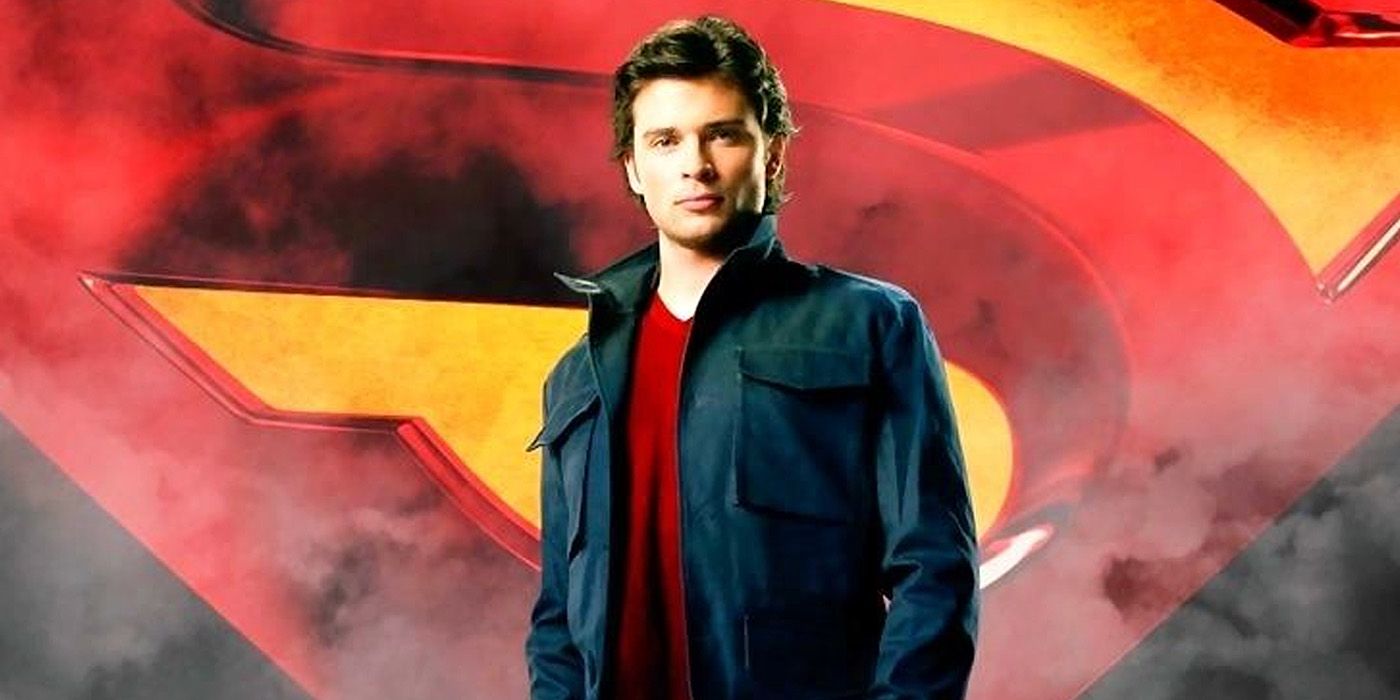
Tom Welling Addresses Potential Return as Superman in a Smallville Movie
Nearly 13 years after Smallville ended, Tom Welling weighs in on the possibility of suiting back up as Superman.Published from 2012 to 2014, Smallville: Season 11 was a rare example of a comic book directly continuing the narrative of a live-action adaptation continuity right after it had seemingly come to a close. While there were also comic book continuations for the Donnerverse Superman movies, the Adam West Batman and Lynda Carter Wonder Woman TV shows, these came out decades after those original projects had ended. With the 11th season of Smallville, however, it came about only a year after what was supposed to be the final curtail call for the CW series. Picking up a bit after the previous season ended, it featured Clark being much more comfortable and defined in his role as Superman.
Along for the ride were Lois Lane, Green Arrow, Chloe Sullivan and Tess Mercer. Smallville's take on Lex Luthor remained a prevailing threat, though Lex was also more developed than ever. Slowly becoming the conniving and scheming villain that he was in the comics, he was notably humanized by the presence of an employee named Otis Berg, who was based on Otis from Superman: The Movie. In many ways, it was the type of series that Smallville had always been building up to become, though it was prevented from ever being this way due to the nature of the show and the "no flights, no tights" scope. The Legion of Superheroes was brought back in, and this involved the Smallville take on Supergirl. Being able to embrace certain types of storylines without issues concerning budget, it also featured heroes who never made their way to the TV series.
Smallville's True Last Season Introduced Batman and Wonder Woman
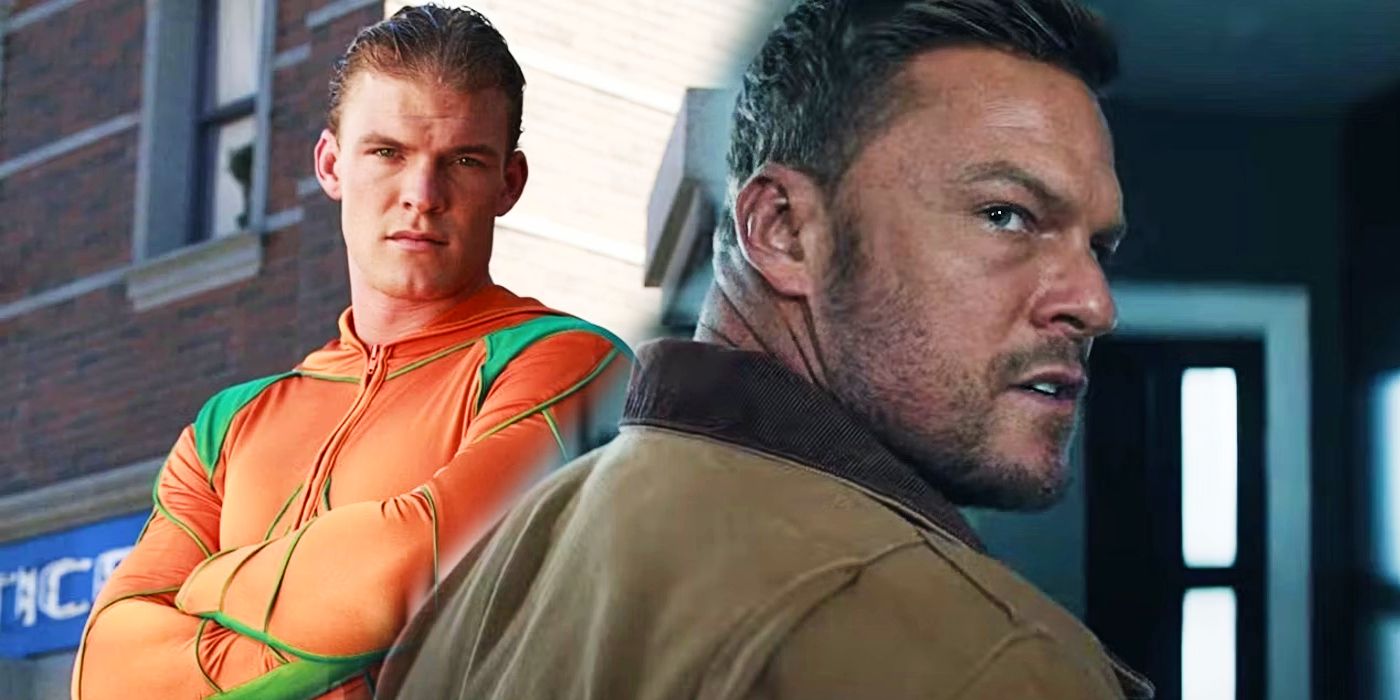
'[Not] a Good Idea': Alan Ritchson Regrets Wearing Smallville Aquaman Suit
Reacher's Alan Ritchson recalled putting on a superhero suit for his role as Aquaman in Smallville.Throughout Smallville's TV run, many fans wondered if and when a young version of Batman might appear. This could have put the Caped Crusader and the Man of Steel on TV together in live-action, which was something that had, at that point, yet to happen on the big screen. Sadly, that never took place during Smallville's TV run, namely due to various "Bat-Embargoes" surrounding the character. One supposed concern of DC and Warner Bros. was about audiences thinking that a young Bruce Wayne appearing in Smallville was the same version of the character played by Christian Bale in Batman Begins and its two sequels.
The character Adam Knight was at one point going to be the show's Bruce Wayne, and this could be seen in several elements. His name referenced the 1960s Batman actor Adam West and Batman's moniker of the "Dark Knight," while the character was a rich orphan with technological and martial arts skills. Conversely, Green Arrow was made into the show's Batman stand-in, foreshadowing how the Emerald Archer was used in the Arrowverse. Smallville Season 11 finally had its version of Superman meet Batman, along with several other DC heroes. In this universe, Batman's sidekick was Barbara Gordon, who operated as Nightwing instead of Batgirl or Oracle.
Initially distrusting of the Man of Steel, Batman quickly became a close ally of his. The same was the case for John Stewart, a new inductee into the intergalactic Green Lantern Corps. Likewise, a particularly amazing Amazon joined the shared continuity. Smallville's version of Wonder Woman assisted Superman in finding her mother Hippolyta and taking down the threat of Hades, who was erroneously used instead of the usual Ares. From there, the Justice League of the comic books became more fully formed, as did the reformed Justice Society (which was briefly seen in the series) and even a version of the Teen Titans. This all culminated in the series' true finale, which adapted a major DC Comics storyline.
The True Ending of Smallville Adapted Crisis on Infinite Earths
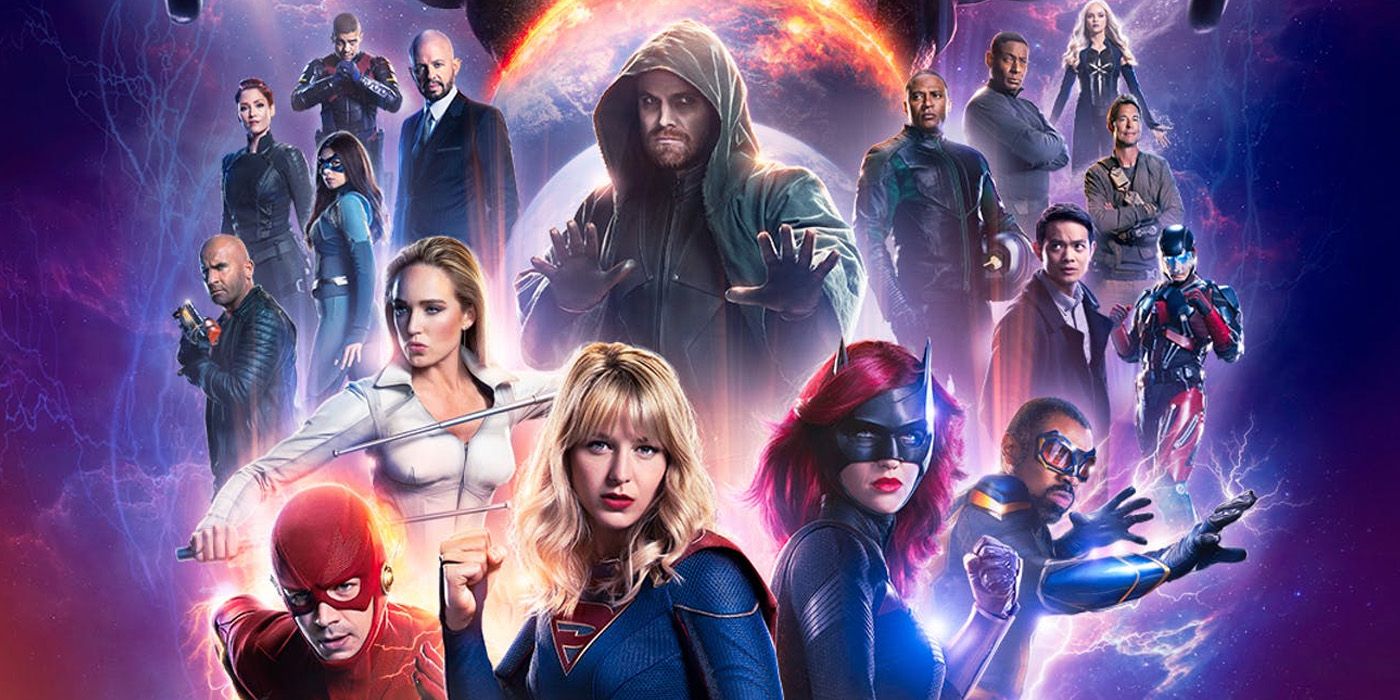
'Lack of Money': Former Arrowverse Exec Shares Scrapped Crisis on Infinite Earths Cameos
Arrowverse's Marc Guggenheim reveals which former DC stars could have appeared in the Crisis on Infinite Earths event if the budget had been larger.The conclusion to Smallville Season 11 finished the series off once and for all, and said wrap-up was far more bombastic than anything seen in the TV series. After all, due to the lack of legal issues or budgetary problems, the comic explored concepts and characters that The CW series never could have afforded or pulled off. One idea briefly seen in the series that was explored even further was that of alternate universes, with various parallel worlds being killed off by the threat of the Monitors. This final story arc of the series was known as "Crisis," and fans knew it to be a take on the iconic Crisis on Infinite Earths miniseries that rebooted DC Comics canon in the 1980s.
Ending Smallville on this note was definitely a change of pace, as the final season and its last moments were directly contrary to the very edicts that the TV series and its story lived by. Likewise, because it was a fairly niche comic book and not a TV show or a movie, it meant that there were much fewer eyes on it. In a way, this robbed fans of the series of seeing how it really ended, but at the same time, it was almost meant more for comic book fans. They had gone years without Smallville paying off its full potential, and the comic book format finally allowed this to happen. Thankfully, viewers got to see Tom Welling's Clark Kent one last time in The CW Arrowverse version of Crisis on Infinite Earths, though the comics for Smallville were perhaps the real ending of his story.
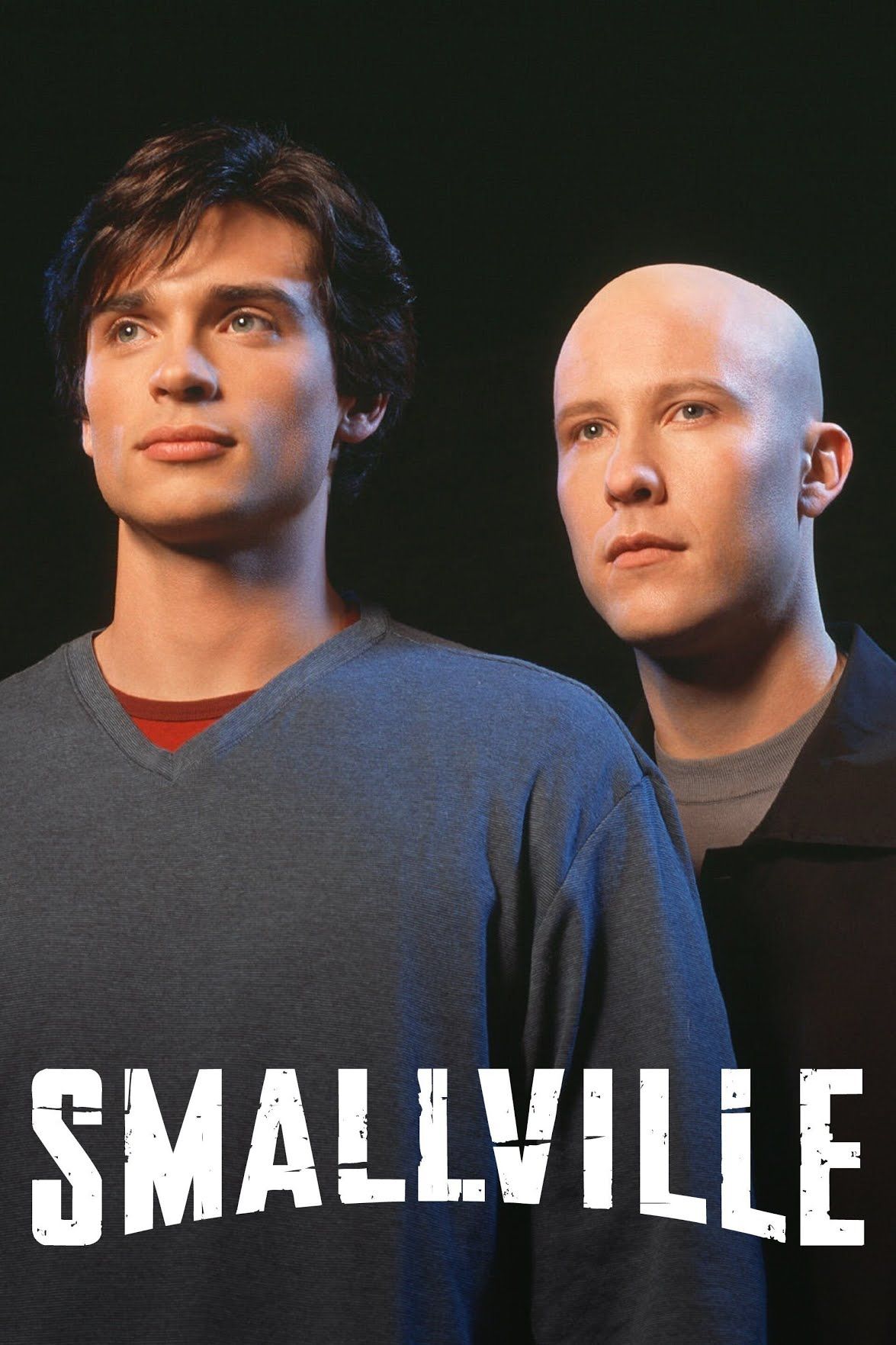
Smallville
Growing up in the small town of Smallville, Kansas, Clark Kent harbors a secret. Sent to Earth from the planet Krypton as a baby, he possesses superhuman abilities that he must keep hidden. Under the guidance of his adoptive parents, Jonathan and Martha Kent, Clark learns to control his powers and use them for good. As he navigates the challenges of high school, friendships, and first love, he also faces threats from meteor-infected individuals and otherworldly villains. Along the way, Clark encounters familiar characters from the Superman mythos, like Lex Luthor and Lana Lang, while grappling with his true identity and destiny to become the iconic superhero, Superman.
- Release Date
- October 16, 2001
- Cast
- Tom Welling , Kristin Kreuk , Michael Rosenbaum , Allison Mack , Erica Durance , Sam Jones III , John Glover
- Main Genre
- superheroes
- Seasons
- 10
- Studio
- Warner Bros. Television
- Creator
- Alfred Gough & Miles Millar
- Main Characters
- Clark Kent / Superman: The main protagonist of the series, a young man who is secretly an alien from the planet Krypton. Lana Lang: Clark's childhood friend and love interest. Lex Luthor: Clark's best friend turned enemy, who eventually becomes Superman's arch-nemesis. Chloe Sullivan: Clark's close friend and confidante, who later discovers his secret identity. Pete Ross: Clark's best friend in the early seasons. Lionel Luthor: Lex's father, a powerful and ruthless businessman. Martha Kent: Clark's adoptive mother, a kind and compassionate woman. Jonathan Kent: Clark's adoptive father, a wise and supportive man
- Writers
- Alfred Gough , Miles Millar , Jeph Loeb
- Number of Episodes
- 217
- Network
- The WB

